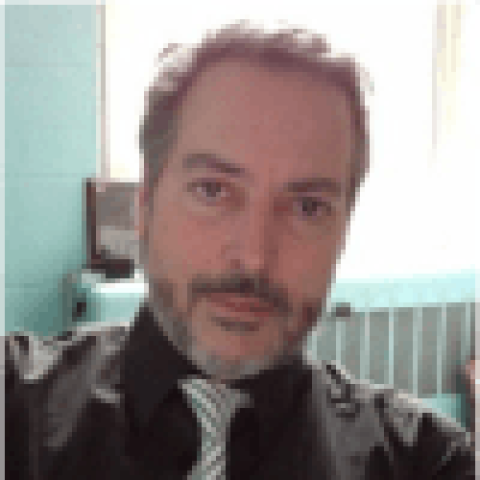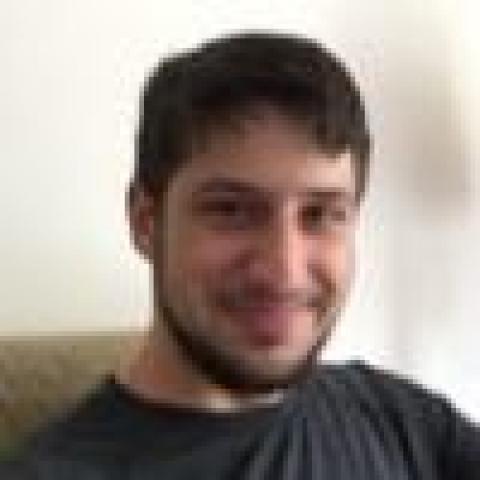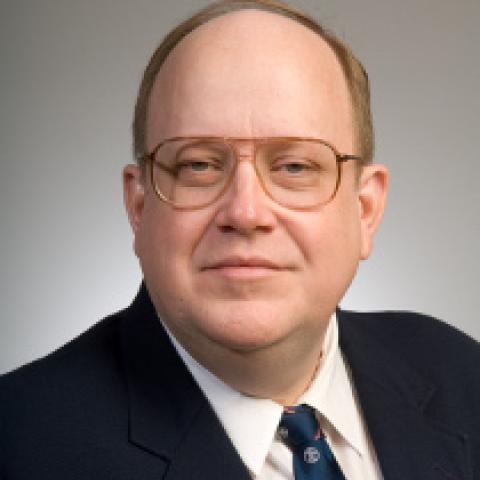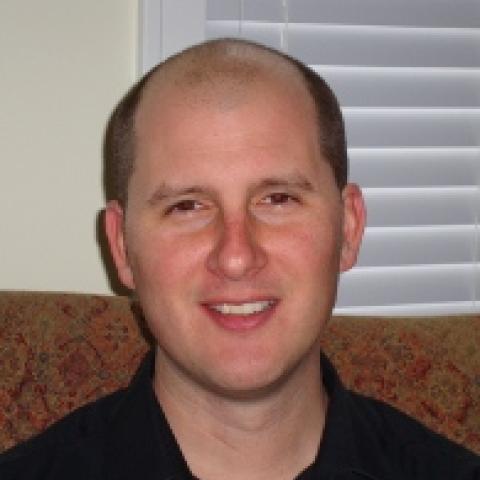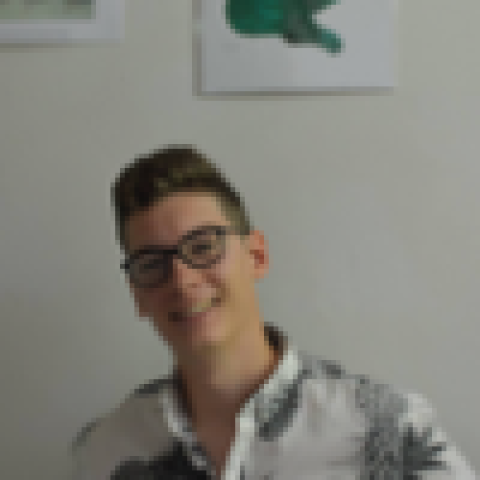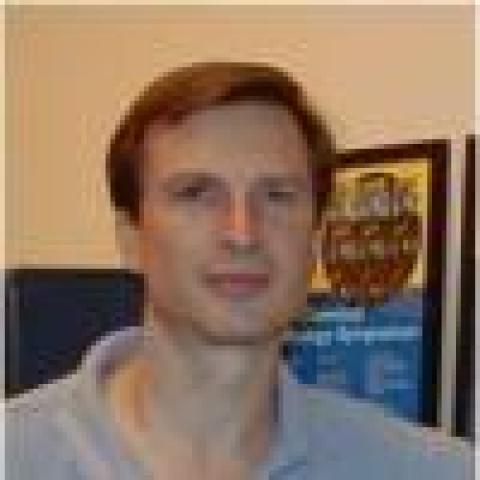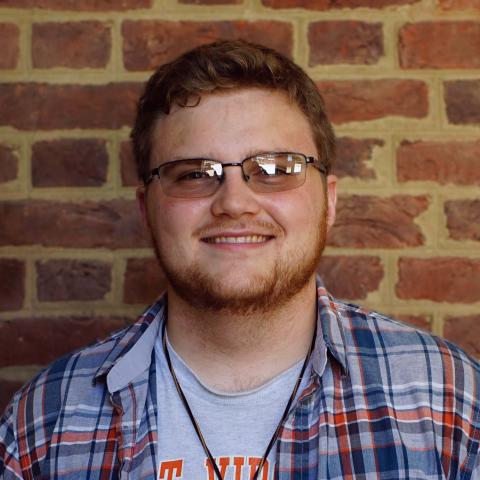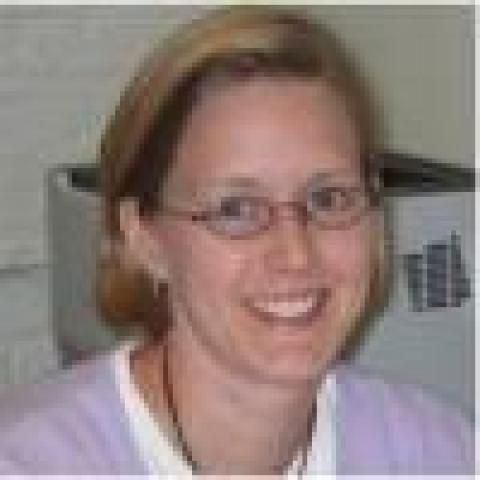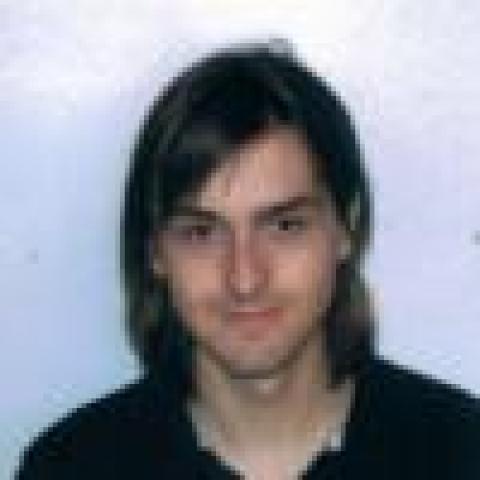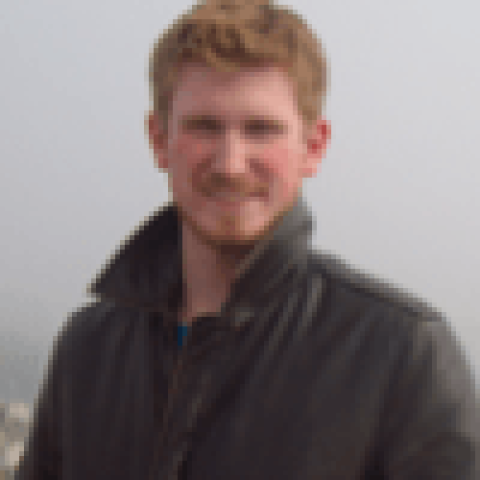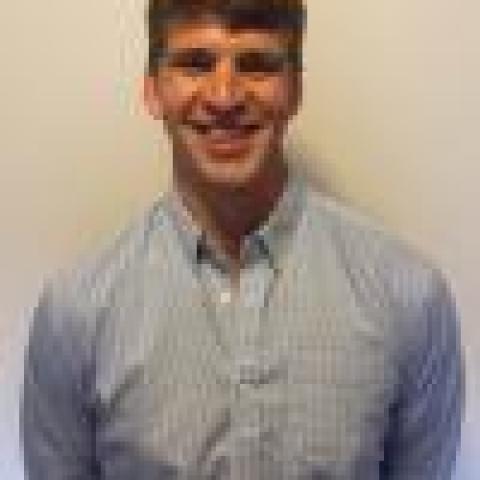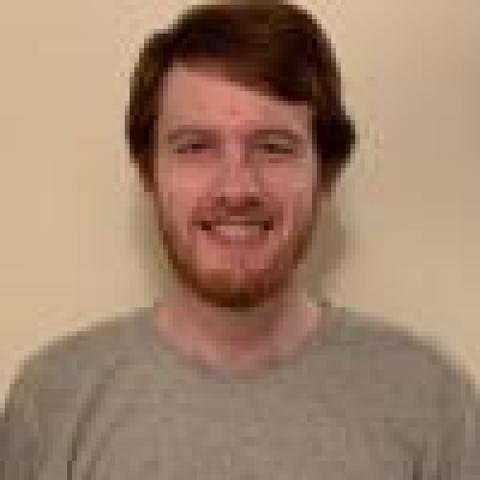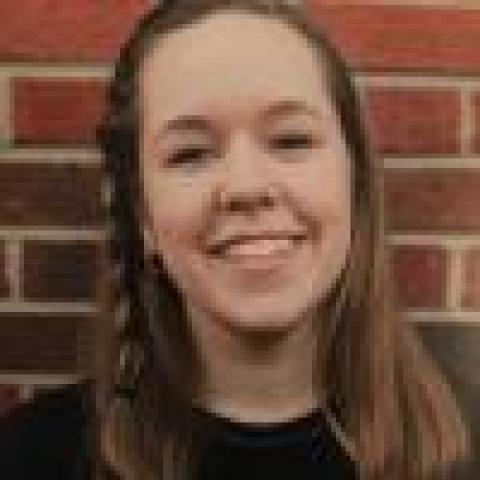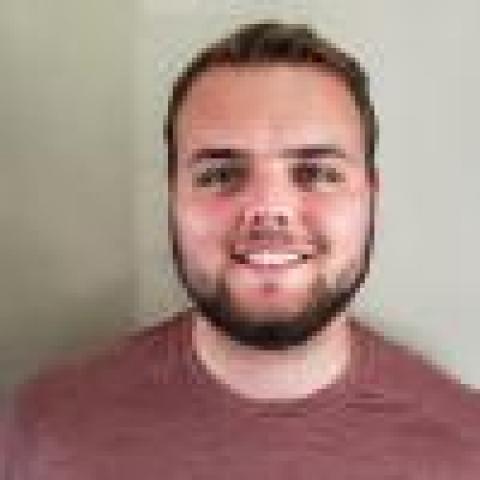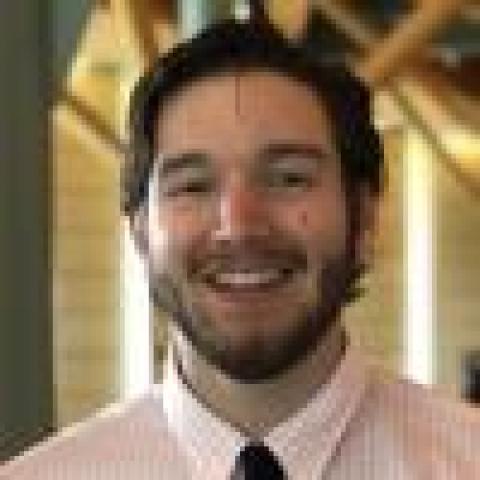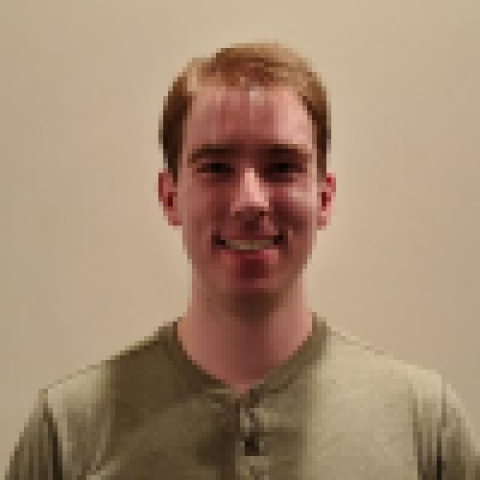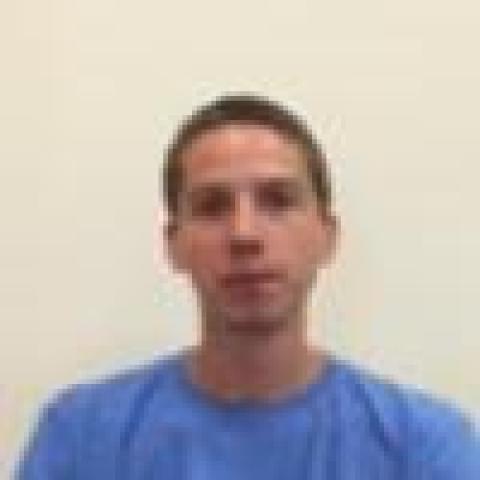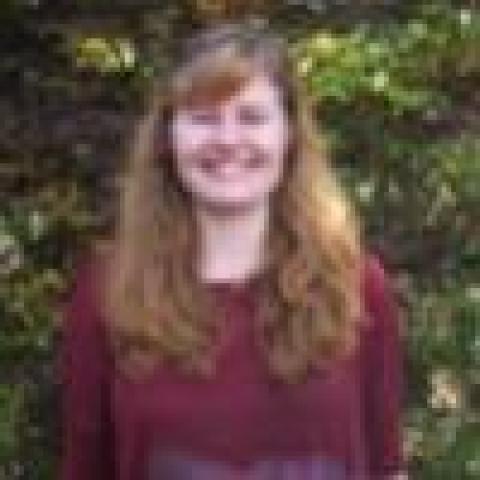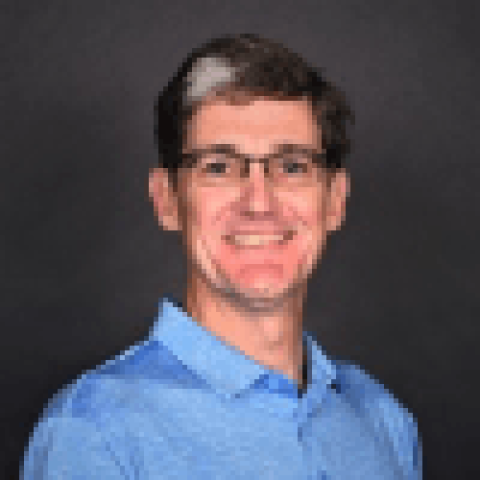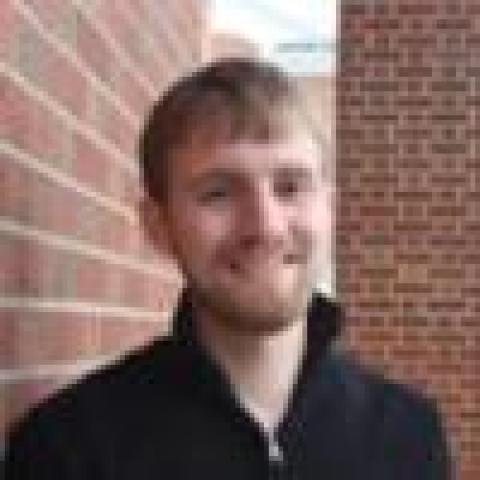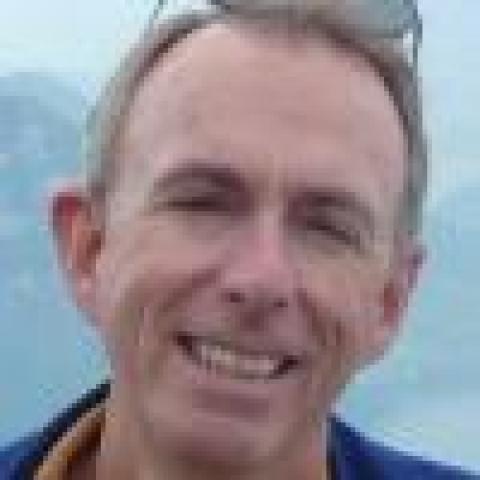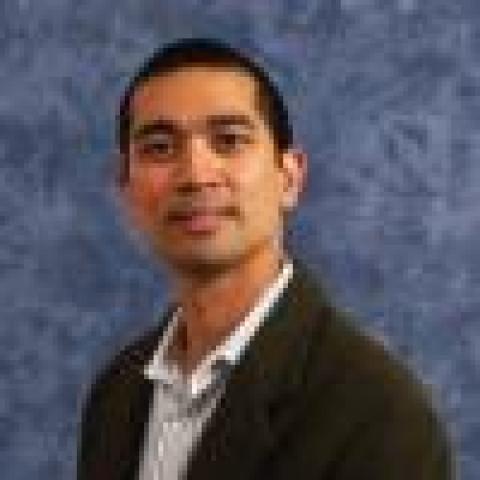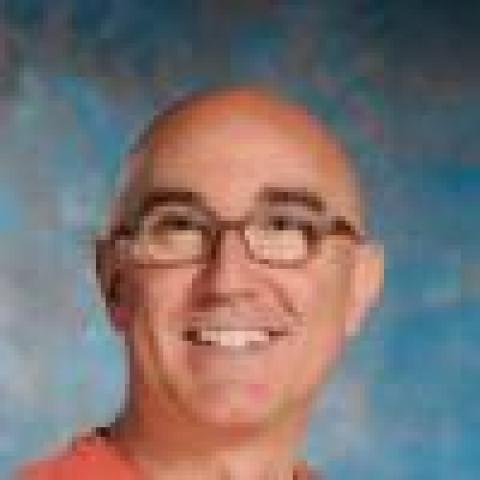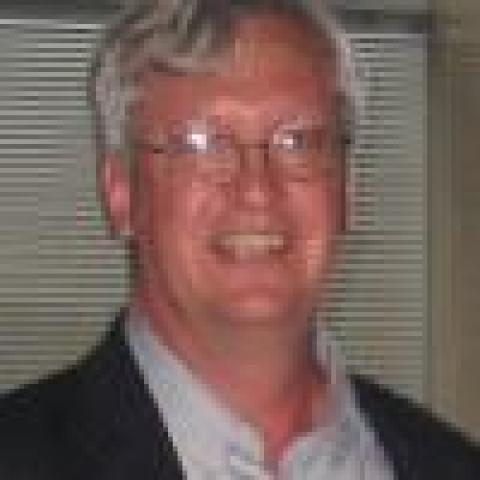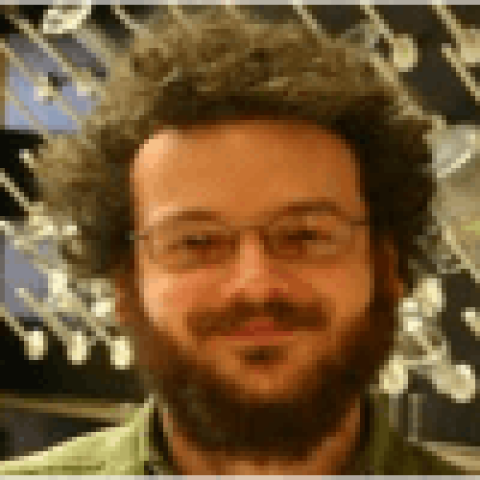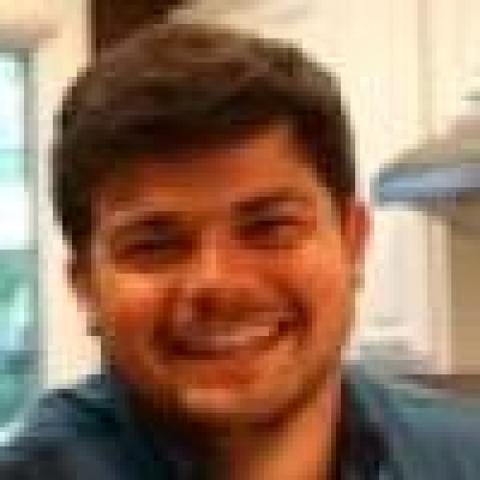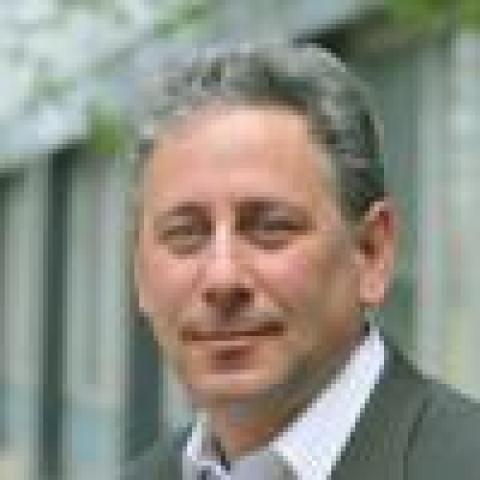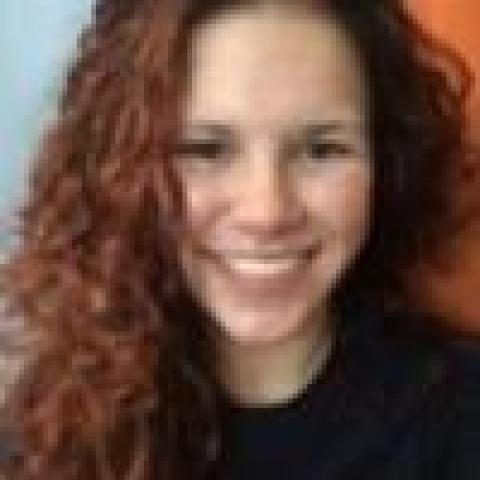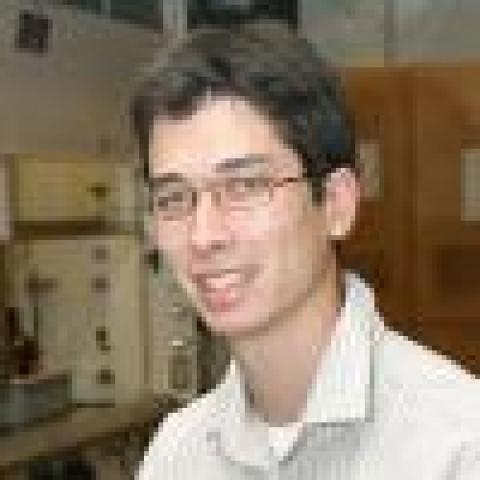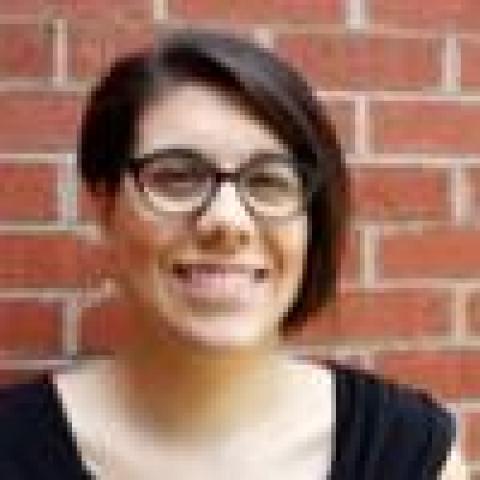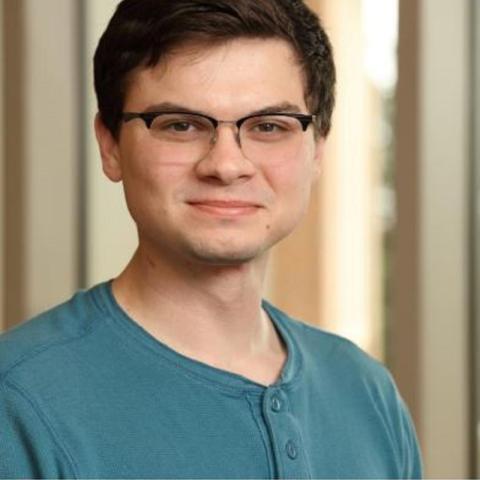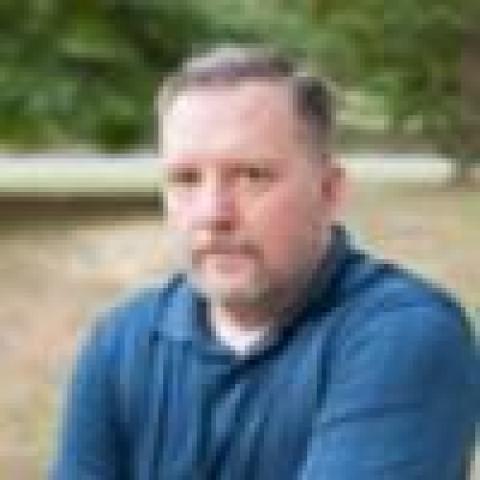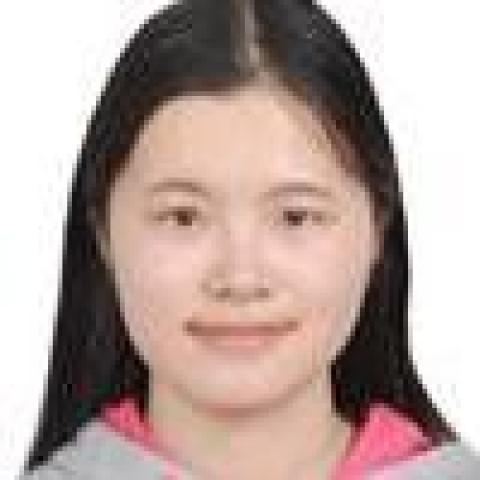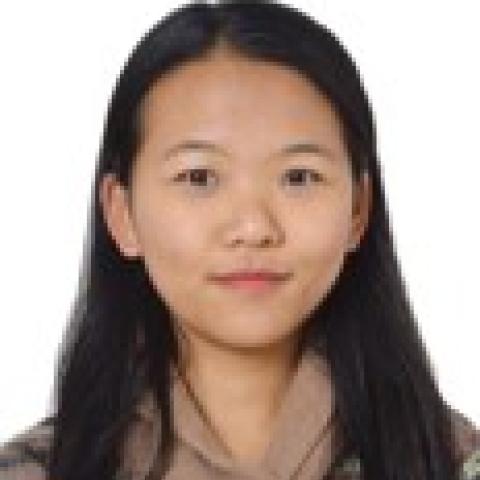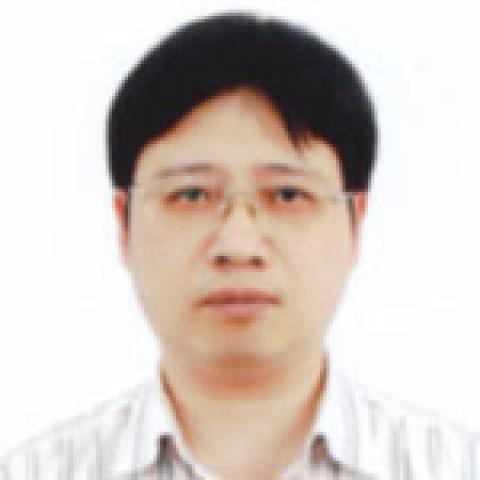- People
- Research
- Graduate
-
Undergraduate
- Prospective & Transfer Students
- General Chemistry Options
- Policies
- Tutors
- Pre-Health
- Undergraduate Advisors
-
Chemistry Major
- Process for Declaring a Major, Minor, DMP, or ACS Certification
- B.A. in Chemistry
- B.S. Chemistry
- B.S. Specialization in Biochemistry
- B.S. Specialization in Chemical Education
- B.S. Specialization in Chemical Physics
- B.S. Specialization in Environmental Chemistry
- B.S. Specialization in Materials Science
- B.A./M.S. or B.S./M.S. in Chemistry ("3+1" Degree Option)
- Undergraduate Research
- Distinguished Majors Program
- Minor
- Forms
- Study Abroad
- Undergraduate FAQs
- Undergraduate Resources
- Safety
- Seminars
- Newsletter
Mohammad Azizzanjani View Profile Scott C. Bailey-Hartsel Professor of Chemistry, University of Wisconsin-Eau ClaireView ProfileZachary Baker View Profile Christopher Barger View Profile Jason Borgus View Profile Henry A. Boyter, Jr. Director, Center for Environmentally Sustainable Textile and Apparel BusinessesView ProfileJohn Brosnahan View Profile John M. Butler National Institute of Standards and Technology Fellow and Group LeaderView ProfileQun Cao View Profile Megan Catterton View Profile Christopher D. Claeboe Senior R&D Specialist, Albemarle CorporationView ProfileCarrick Clark-Cearley View Profile Aspen Clements View Profile Francis Collins National Institute of Health DirectorView ProfileCraig Crews Professor of Molecular, Cellular, and Developmental Biology, Yale UniversityView ProfileKason Currence Graduate StudentView ProfileCynthia S. Dowd Assistant Professor, The George Washington UniversityView ProfileAustin Dunn View Profile Christopher B. Ferenc Associate, Katten Muchin Rosenman, LLPView ProfileApril Frazier Commercial Operations Manager at Pro-Cure TherapeuticsView ProfileLucas Freeman View Profile Benjamin A. Garcia Assistant Professor at Princeton UniversityView ProfileZoe Gehman View Profile Perrin Godbold View Profile Spencer Grewe View Profile Shunyan Gu View Profile Philip Hahn View Profile Martin Holdren View Profile Shelby Hooe View Profile Eric Hunt View Profile Qizhang Jia View Profile Xiaofan Jia View Profile Shea (Freddie) Johnson View Profile Ethan Jones View Profile Amber Kelley View Profile Andrew Kinman View Profile Kolton Kitterman View Profile Joseph Kuehner View Profile Tiffany Layne View Profile Qian Liang View Profile Tie Ling View Profile J. Christopher Love Associate Professor, MITView ProfileSpencer Lovrinic View Profile Zhongwen Luo View Profile Kevin Mayer View Profile Rebecca McCloud View Profile David McWhorter Principal, Catalyst PartnersView ProfileAsa Nichols View Profile Kaeleigh Olsen View Profile Jennifer Ortiz View Profile Anthony Pellegrini View Profile Brian Pollok Life Technologies' Chief Scientific Officer and Head of Global Science and InnovationView ProfileMary Radhuber View Profile Eric A. Rohlfing U.S. Department of Energy, Director of Chemical Science, Geosciences, and Biosciences DivisionView ProfileChristian M. Rojas Associate Professor, Barnard CollegeView ProfileWebster Santos Associate Professor, Virginia TechView ProfileStuart L. Schreiber Director of Chemical Biology, Broad Institute of Harvard and MIT; Howard Hughes Medical Institute InvestigatorView ProfileRobert Sell Corning Incorporated and Corning Community CollegeView ProfileSteven Shipman Assistant Professor of Chemistry, New College of FloridaView ProfileSpenser Simpson View Profile Seth W. Snyder Section Leader, Process Technology Research, Energy Systems at Argonne National LaboratoryView ProfileReilly Sonstrom View Profile Kian Tan Assistant Professor, Boston CollegeView ProfileJeff Toney Dean, College of Natural, Applied, and Health Sciences, Kean UniversityView ProfileEmmanuel Toroitich View Profile Anchi Tsuei View Profile Holly Tubbs View Profile Ann M. Valentine Associate Professor of Chemistry, Yale UniversityView ProfileJacob Walley View Profile Fang Wang View Profile Timothy Ware View Profile Erskine Williams Director of Professional Services at Jive SoftwareView ProfileEric Willis View Profile Michael Shane Woolf View Profile Ting Yan View Profile Ji Zhang View Profile Zhongmin Zhang View Profile Yulu Zhang View Profile Mingxing Zhang View Profile Mingfei Zhou Professor of Chemistry, Fudan UniversityView ProfileWeihao Zhu View Profile

